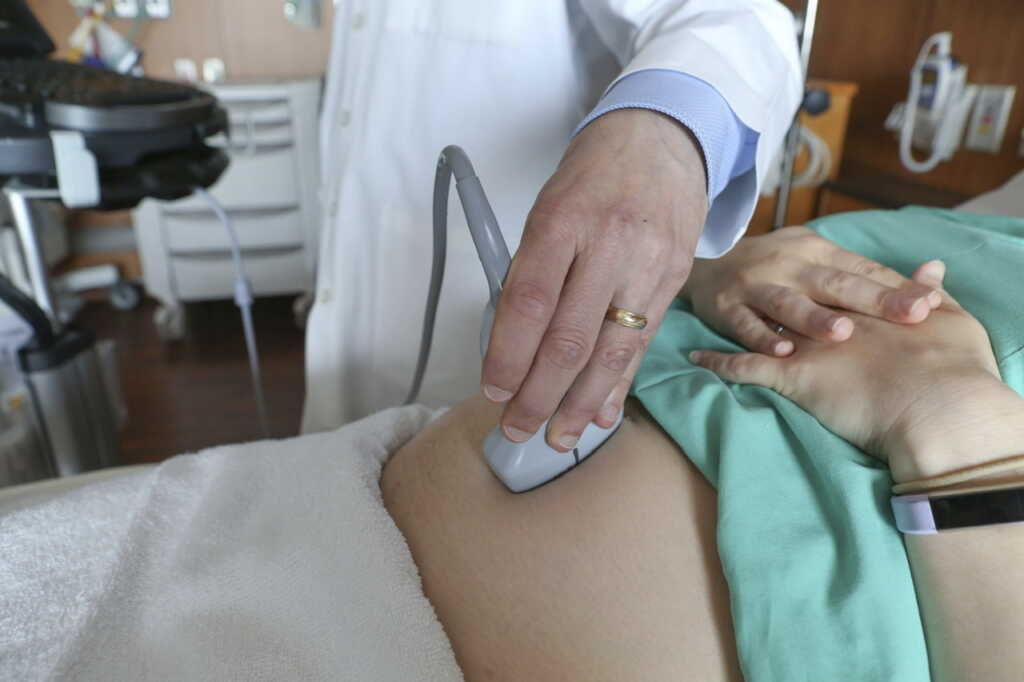Some hospitals in Great Britain have instructed their midwives to use more “gender-inclusive language” — like “chestfeeding” instead of “breastfeeding” — in an effort to be more accommodating of transgender patients.
The guidance for Brighton and Sussex University Hospitals NHS Trust states that “gender identity can be a source of oppression and health inequality,” BristolLive reported. As such, hospital leaders have decided to use “gender-neutral language alongside the language of womanhood, in order to ensure that everyone is represented and included.”
“We are consciously using the words ‘women’ and ‘people’ together to make it clear that we are committed to working on addressing health inequalities for all those who use our services,” the policy document stated.
In addition to using “chestfeeding” alongside the established term “breastfeeding,” hospital staff will begin incorporating “human milk” or “chestmilk” into their lexicon as well as “milk from the feeding mother or parent.” Midwives will begin to say “maternal and parental” instead of simply saying “maternal” and will say “woman or person” instead of defaulting to referring to birth mothers as “women” only.
The hospitals will also do away with the exclusive use of binary terms like “mother and father.” Instead, staffers will call the birthing mother’s partner “parent,” “co-parent,” or “second biological parent.”
In a statement on the issue, the NHS Trust said the shift is part of its “journey towards providing gender inclusive care for everybody.”
We are on a journey towards gender inclusive care for everybody during pregnancy, birth and afterwards. This journey is led by members of the trans and non-binary community. We are at the beginning of this process, which will continue over the next few years.
Midwives believe pregnancy and birth are normal, healthy parts of life. The midwife’s role is to support a pregnant person’s journey through each stage of pregnancy, birth, and the early days with their new baby. Midwives believe that you know what is best for you and your baby, and will work together with you to ensure your experience of pregnancy and birth is safe and positive.
In an NHS paper — “Gender Inclusive Language in Perinatal Services: Mission Statement and Rationale” — the hospitals stated they are taking a “gender-additive approach to the language used to describe our services.”
For us, a gender-additive approach means using gender-neutral language alongside the language of womanhood, in order to ensure that everyone is represented and included. This decision has been taken following extensive discussions with local, national, and international experts in trans and non-binary healthcare. We have also involved trans and non-binary parents who use our services, and in the wider community, in coming to this position.
The agency seemed to acknowledge concerns voiced by people like “Harry Potter” author J.K. Rowling, who has argued the transgender agenda is erasing the “lived reality of women globally.”
With that in mind, the NHS paper suggested to incorporate “gender neutral language” not in lieu of binary terms but alongside them.
“If we only use gender neutral language, we risk marginalizing or erasing the experience of some of the women and people who use our services,” the paper read. “We understand the fear of erasure, however, marginalizing other groups because they are rare will not improve care for women. We believe in human rights-based care and we can add inclusive language to our current language without subtracting anyone.”



